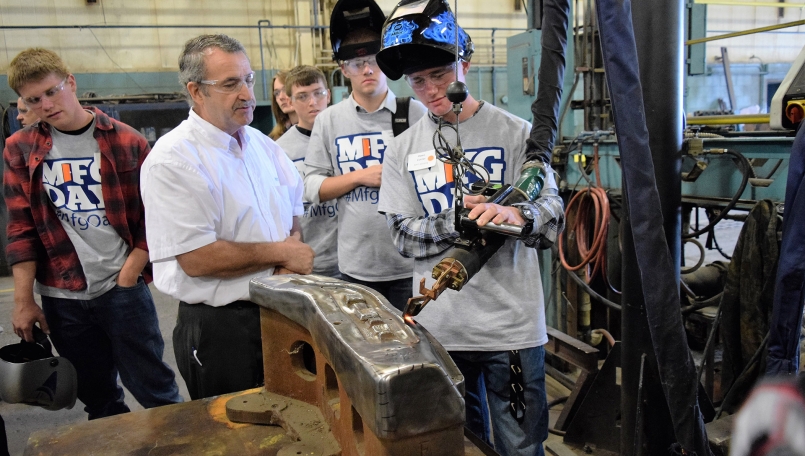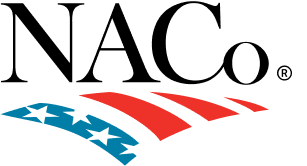Baltimore City Department of Transportation Dockless Vehicle Program
2020 NACo Achievement Award Winner
Baltimore City, Md., MD
Best In Category

About the Program
Category: Transportation (Best in Category)
Year: 2020
On-Demand Scooters companies introduced their dockless vehicles throughout cities without permission or permits and without warning. They were leaving cities befuddled due to a void of regulations and programing. As scooter companies infringed upon Baltimore, the City quickly acted to create a pilot scooter program and followed quickly with a long-term scooter regulation program that is a model for other cities. Baltimore’s program is measured by its flexibility, data-driven approach, and the way it ensures that the distribution of scooters is equitable — so that it becomes a commuting option for those in areas less well-served by automobiles. The program opened the door for innovative micro-mobility to the region. The City of Baltimore has created an extraordinary multi-use mobility gateway with over 2 million rides in the first year. The permanent program's practices, rules, and regulations gained national recognition for its ability to address mobility disparities and, as such, prioritizes service and engagement in disinvested communities to improve personal mobility and ability to access Baltimore City amenities. Through the work of the Dockless Vehicle Committee, a working group that brings together citizens, advocates, and multiple city agencies, Baltimore City performed a data-driven evaluation of the Pilot and developed one of the most advanced permit programs for shared micro-mobility. The program puts a strong emphasis on equity and evaluation so that the emerging technology can be used by those who need transportation options, but also contribute to the city’s goals to increase active transportation mode share. The program is entirely self-funded, and permitting fees are redirected to address issues reported to BCDOT with a budget formally approved by the Baltimore City Board of Estimates. The program resulted in as many as 76,372 rides in one week in 2019 and 200,000 users in the first year. As the program approaches its first year there have been nearly two million rides, making microbiology a top source of transportation.
